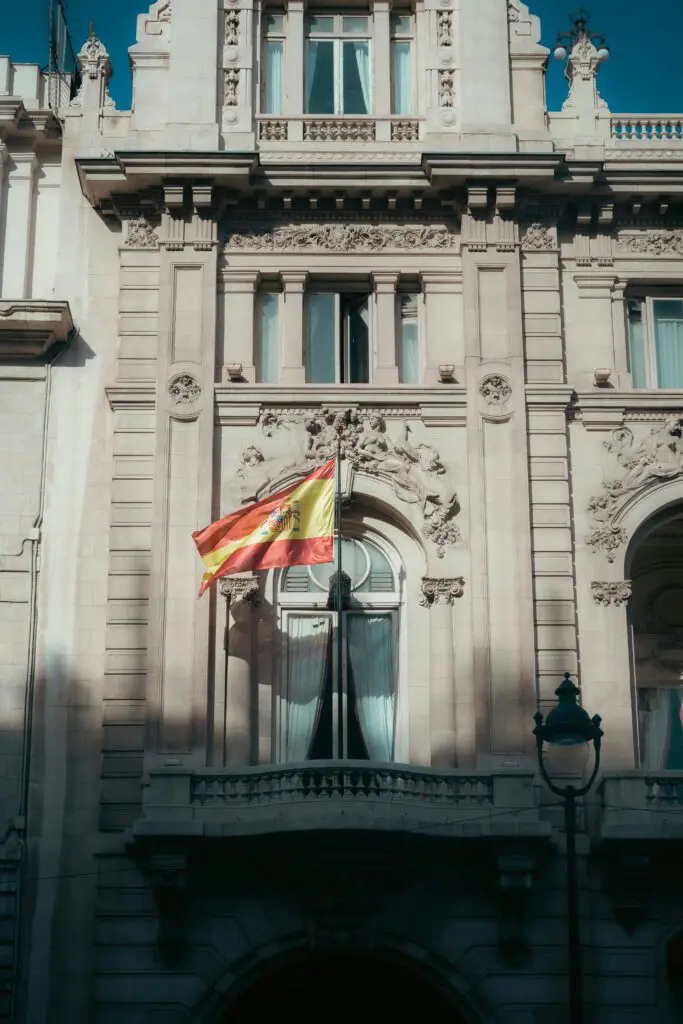British clients who attend court in Spain often ask me the same question: “Why is the judge doing all the talking?”
For anyone familiar with the English courtroom, where judges sit silently as barristers argue, the Spanish scene can feel unsettling. A magistrate in Madrid may cut into a witness’s testimony, demand further evidence, or redirect a lawyer’s line of questioning. To a British observer, it may appear to be partiality. In fact, it is simply the normal operation of the Spanish system.
The difference lies in legal culture. England and Wales follow the adversarial model: the case belongs to the parties. Solicitors prepare, barristers plead, and the judge decides but does not take part. Spain, by contrast, belongs to the inquisitorial tradition, where the judge is an active director of proceedings, tasked with ensuring that the “truth” of the case is established through judicial intervention.
The contrast extends to the professionals who make the system work. In England, the line is clear: solicitors handle preparation, barristers handle advocacy. In Spain the roles are divided more finely. The abogado combines advice and advocacy; the procurador formally represents the client before the court and manages filings; the Ministerio Fiscal prosecutes in the public interest, sometimes even in civil matters; and the Letrado de la Administración de Justicia oversees procedure and authenticates the record. What looks bureaucratic to British eyes reflects a strong Spanish preference for judicial oversight and process management.
Neither approach is without flaws. The adversarial system highlights advocacy and party autonomy but can leave weaker litigants exposed when resources are unequal. The inquisitorial model reduces such imbalances but concentrates power in the magistrate and can slow cases with procedural layers. Each reflects a different constitutional vision of how justice is delivered and how much authority the state should have in court.
For clients, the cultural shock is immediate. A British party in Madrid may interpret judicial intervention as bias; a Spanish party in London may see judicial silence as indifference. Both misunderstandings can erode confidence in the process.
This is why lawyers who understand both systems are indispensable. Dual-qualified practitioners can explain these differences before a client ever enters court, manage expectations, and adapt strategy. They know when a case will turn on courtroom performance in London and when the written record will decide matters in Madrid. In cross-border disputes, this knowledge is not a luxury but a necessity.
The broader point is constitutional. In England, the independence of the lawyer from the state is the core principle: justice emerges from contest. In Spain, the authority of the judge in pursuit of the public interest is paramount. Both systems rely on lawyers as the bridge between citizen and justice. The difference is in how much initiative is entrusted to the bench and how much to the parties.
So when the British client turns, puzzled, and asks “Why does the judge speak so much?”, the answer is straightforward: because in Spain that is the judge’s job. Understanding that fact—before stepping into the courtroom—can mean the difference between mistrust and confidence in the outcome. In a world where litigation increasingly crosses frontiers, the lawyer fluent in both traditions is no longer simply useful but essential.








